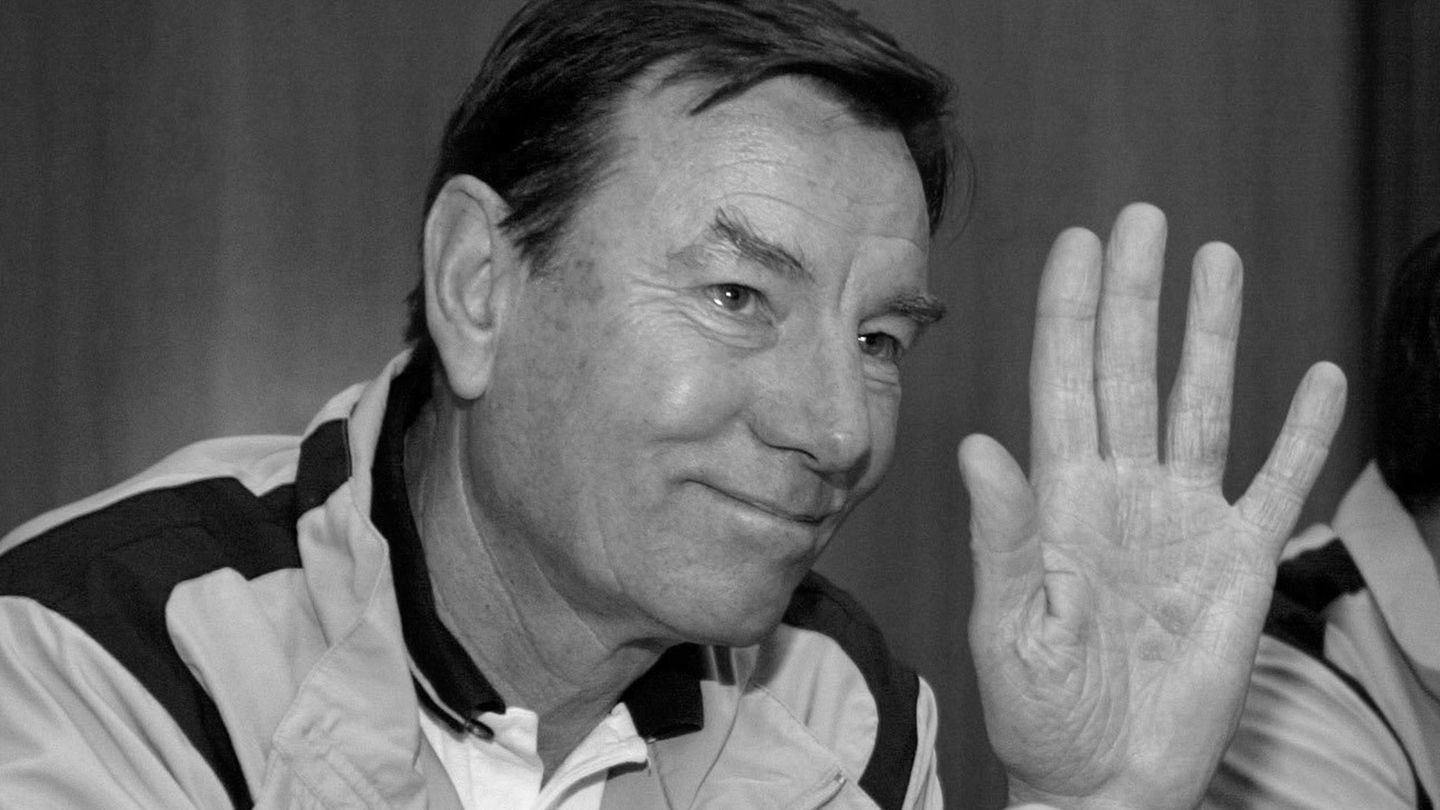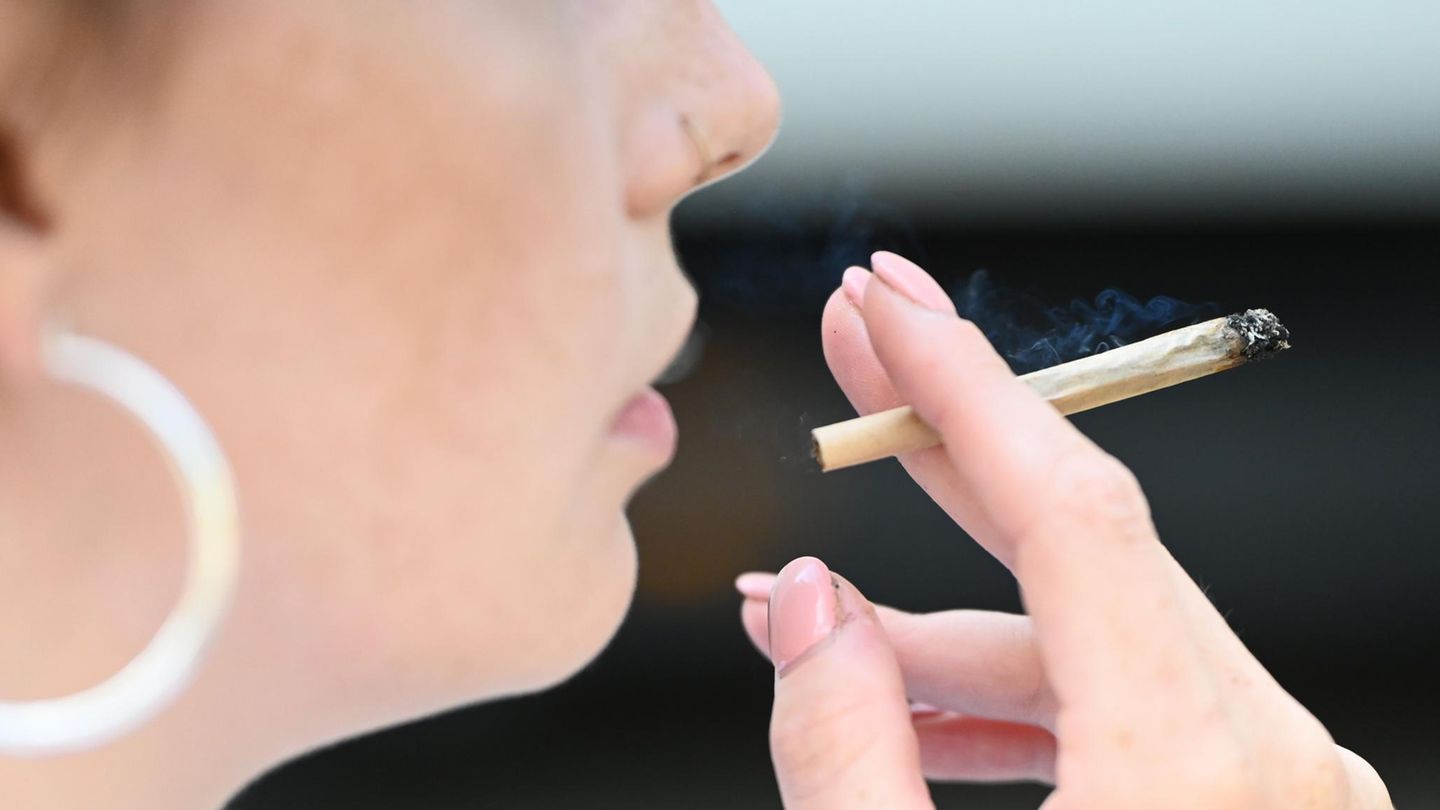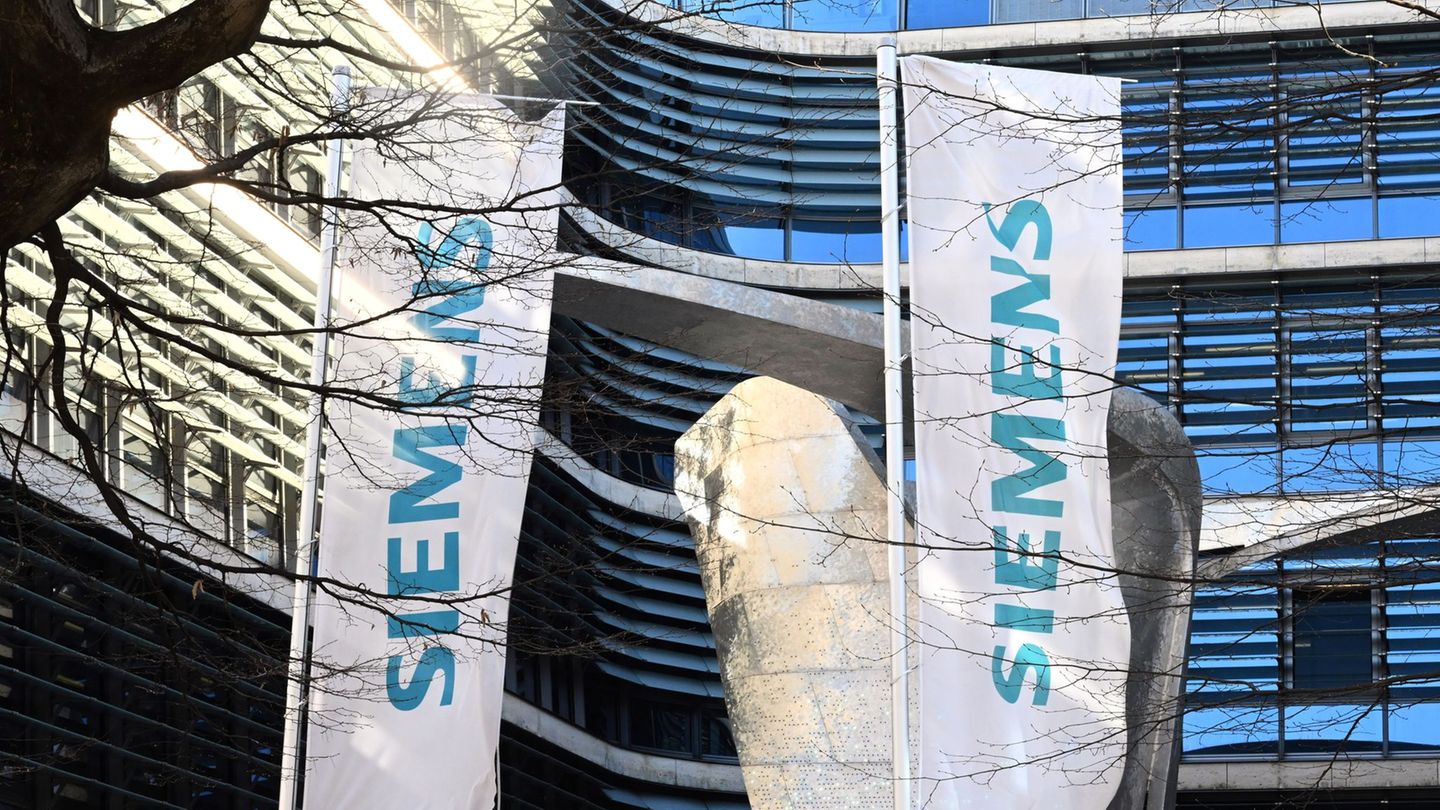Frank-Walter Steinmeier starts his second term as Federal President with a strong speech. He can now redeem what he promised when he was first elected: strengthen democracy. The task is more urgent than ever, says our author.
The applause had hardly stopped, many members of the Federal Assembly were probably still hanging on to the speech they had just heard, when Frank-Walter Steinmeier stood on the podium, looked to the right and asked the President of the Bundestag – the microphone was still open – a very characteristic question: “And”, asked the old and new Federal President with a smile, “what do we do now?”
The question was of course about the strict protocol owed to the pandemic – but it also contained a certain programmatic justification.
Task for Frank-Walter Steinmeier: strengthening democracy
Because a few months ago, in the summer of last year, Steinmeier’s re-election was anything but certain: the majorities were still unclear and Steinmeier himself, as Federal President, had not given the impression that a second term in office would have seemed imperative. On the contrary, he certainly had tasks and opportunities in the first five years (the initiation of the grand coalition in 2017, his speeches after the attacks in Halle and Hanau), but he somehow remained pale as head of state – reasonable and without mistakes, but even without charisma and without a leitmotif that really made an impression.
There are not many Federal Presidents who have received the honor of a second term: Theodor Heuss, Heinrich Lübke, Richard von Weizsäcker, Horst Koehler (who then resigned in an offended mood soon after his re-election) and now Steinmeier. He is the fifth of a total of twelve presidents that Germany has had since 1949. And for Steinmeier it’s not just an honor, it’s also a second chance.
Because Steinmeier has identified a task that could hardly be more urgent and important: strengthening our democracy. It is under threat, from within and from without, as these days and weeks oppressively show. Steinmeier recognized this and today, after his re-election, addressed it more clearly than ever before. In fact, it was the best speech he has given in office so far.
Steinmeier with clear words to Putin
Steinmeier found the clearest words to date when he spoke to Russian President Vladimir Putin, who had surrounded Ukraine with his troops: “We are in the midst of a military conflict, a war in Eastern Europe. Russia is responsible for that!” The deployment of troops is a threat to Ukraine “and it should be.” Germany would “response resolutely” to an invasion, saying the country was an immovable part of NATO and stood firmly on the side of all alliance states, including the Estonians, Latvians and Lithuanians. And he addressed the Russian head of state directly: “I appeal to President Putin: Untie the noose around Ukraine’s neck! And look for a way with us that preserves peace in Europe!”
There were sentences that have been missing from the chancellor for weeks. And Steinmeier knew how to combine the threat from outside with the deep and ever deeper conflicts within German society: Democracy is also so vulnerable because it does not concentrate power in the hands of an individual, but in every question and struggle to find a solution to every problem – between government and opposition, with the support of scientists and experts, accompanied by media that question everything. Steinmeier conceded that these democratic processes had come under pressure, especially during the pandemic: “Our way out of the pandemic is not a straightforward one. There were mistakes and misjudgments, including us. But show me an authoritarian system that is better through the pandemic would have come!”
Steinmeier must become more decisive, more offensive and more courageous
This is where Steinmeier sees his most important task for the next five years – and here he can and must actually do a lot: “After two years of the pandemic, frustration, disappointment, irritation is spreading,” he said, “we wore ourselves out in the dispute over the right way, in disputes far beyond politics, in the workplace and at school, among friends and colleagues, right down to every family.”
It is these conflicts that are actually bothering many people now, that you hear everywhere, at grandma’s birthday party or from retirement homes, where the vaccinated and the unvaccinated are now reluctant to do their jobs together and resolve the major conflicts of the pandemic in the break room. Everyone is probably wondering by now: how will we ever get out of this mess?
If Steinmeier wants to intervene here and make rational dialogue possible again at all, he has a big task ahead of him. For him, there are even old themes that he picks up on. Because he had already chosen this leitmotif for his first term in office: strengthening democracy. Then the pandemic came and made everything so much more difficult, including the trips, performances and dialogues with citizens that were actually planned. So now Steinmeier has a second chance that he must seize: hopefully more decisively, aggressively and courageously than in his first term. It would be good for him and the country.
Source: Stern
David William is a talented author who has made a name for himself in the world of writing. He is a professional author who writes on a wide range of topics, from general interest to opinion news. David is currently working as a writer at 24 hours worlds where he brings his unique perspective and in-depth research to his articles, making them both informative and engaging.




